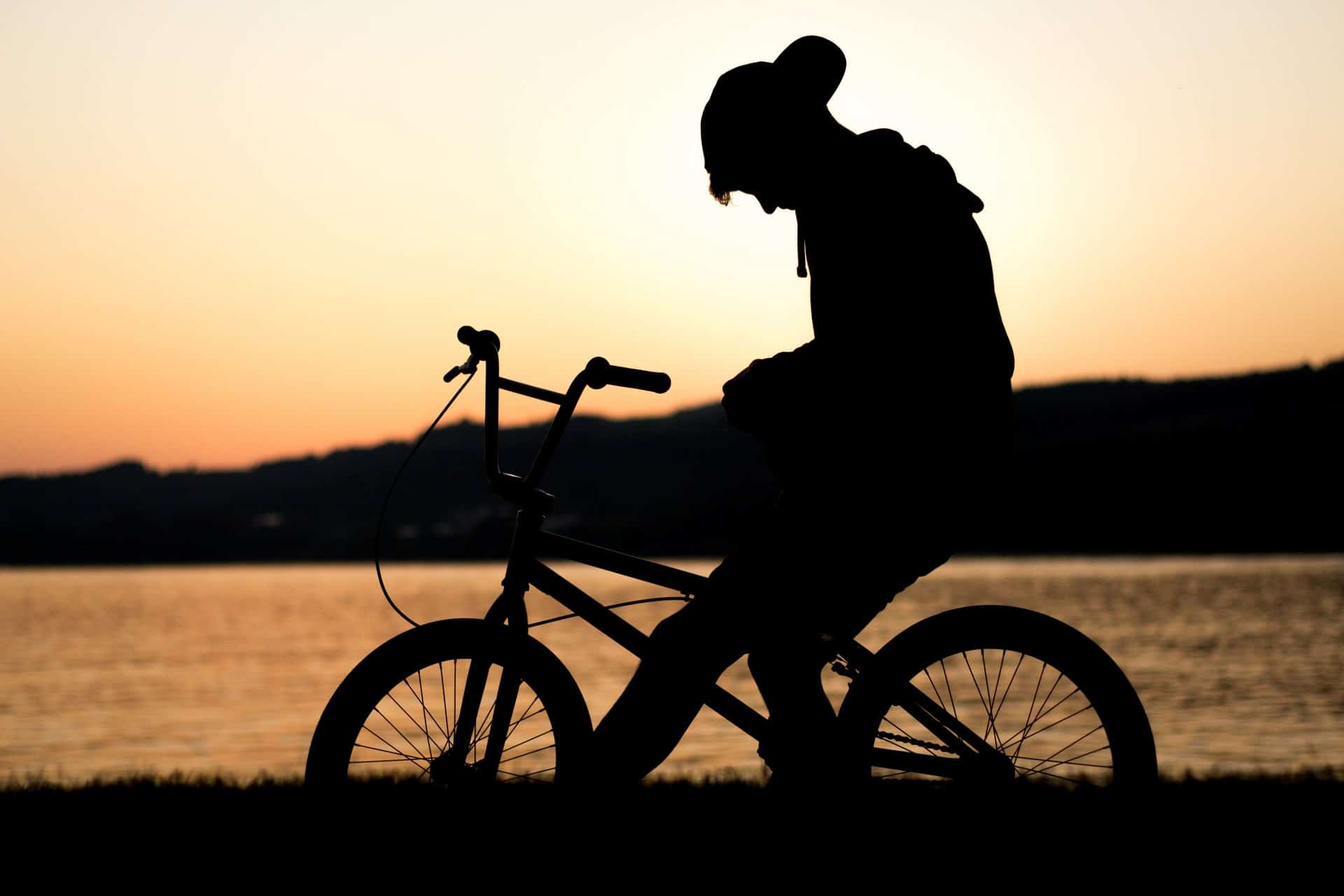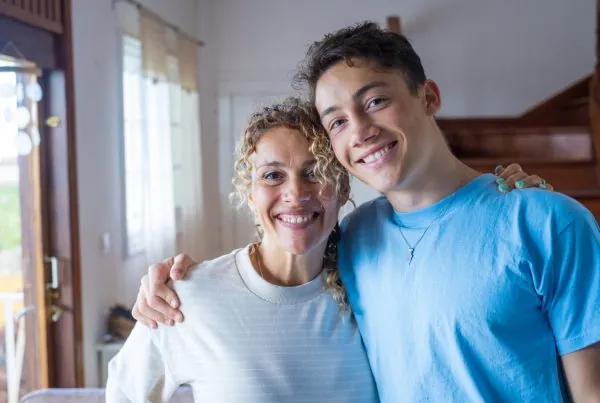The holidays are some of the most stressful weeks of the year, as families come together to prepare for big dinners, long interstate trips, parties, and shopping sprees. Along with all that stress come the joy and gratitude of long-time family traditions, the yuletide spirit, and for many, more than a fair share of indulgences. This makes the holidays a dangerous time for many adults and teens struggling to avoid relapses. The stress, resurgence of old memories, promise of confrontation with loved ones, and availability of unhealthy drinks and food can compromise someone trying to stay on the path toward recovery.
But for most of us, skipping the holidays is neither an option nor is it the right answer. There’s a lot to love and cherish in these rare moments where we all come together to reflect on a year of hardships, lessons, and growth. If your teen has a history of addiction, they will need to learn to build resilience in the face of the stressors that are most likely to make them drink or use again – and just as importantly, learn when and where to ask for help and support in their time of need. In this article, we’re exploring a few ways for parents to encourage relapse prevention during the holidays.
Relapse Prevention During the Holidays Starts With Avoiding Triggers
Everyone has specific stressors that drive them to a point of no return – or close enough to the edge to teeter on it. Cravings aside, identifying and reducing triggers over the holidays can be one way to help minimize stress. This might mean banning alcohol for this year, avoiding parties or get-togethers where drinking will be normal, encouraged, or expected, and working with your teen to identify memories, scents, activities, or people that might strongly affect or challenge their sobriety.
In some cases, it’s best to avoid these triggers. In other cases, effective relapse prevention during the holidays includes coping strategies that minimize and recontextualize triggers to help strengthen their recovery. If your teen is or was in treatment, it might also be a good idea to work with their therapist on this task. Every person’s story of addiction is unique and requires a unique approach. Aside from individualized triggers, try to help your teen identify and verbalize the more common and mundane relapse triggers, such as:
- Hunger
- Boredom
- Anger
- Irritability
- Depression
- Anxiety
- Loneliness
- Fatigue
Stress the importance of taking care of oneself, and looking after one’s needs.
Minimizing the Unexpected
Aside from accounting for triggers and helping your teen reduce their impact, it’s also important to preserve some consistency over the holidays. Try to create a schedule of what’s to come in the following days and weeks, and help your teen prepare for the preparations and events to come. On the other hand, while preparing for the holidays with your teens, work with them to preserve their schedules. Avoid letting the holidays get their sleep schedules out of whack by encouraging everyone to get a good night’s sleep each day.
Balance out the cake and gluttony of holiday cooking with a few healthy meals between events, plenty of protein and vegetables, fiber, and lots of water. Help your teen remember their medication (and supplements like vitamin D, if they take any), and exercise with them. Don’t let the holidays become an excuse to skip important routine elements or fall out of rhythm. They might not be going to school or work, but they can still take the time to invest in their recovery and their physical and mental health.
Identifying and Setting Boundaries
There are limits to a person’s energy and capacity to engage with others during recovery. Going through recovery leaves you with less energy than before, alongside a more fragile mental state, and a lower tolerance for anxiety. It takes time for these tolerances to return to normal, and it’s always possible that they might never be quite as high as they once were. That’s okay. We all change as we grow, and going through addiction and recovery can drastically develop a person’s identity and personality.
It’s during this time that your teen might need help understanding and figuring out what they can and can’t handle, and they may need someone around to help them communicate when they need to leave or take time for themselves. Be an advocate for your teen during the holidays, give them an out during parties or get-togethers, tell them to call you the moment they want to leave, and be sure they’re always with a sober friend who can help them avoid certain choices, and keep them honest.
Balancing Holiday Meals With Good Nutrition
The importance of good nutrition during recovery cannot be stressed enough. Recovery is more than therapy and medication, or time spent away from drugs. You need to give your body what it needs to heal both mentally and physically, and food is an important part of that. However, it can be very difficult to balance a healthy diet with the typical treats and overindulgences of the holidays. Be a role model with your own choices, and support your teen’s needs throughout the coming days and weeks. Help them keep on top of their daily intake.
Remembering That Recovery Is a Life-Long Process
It’s important never to forget that recovery, as a whole, takes years. Teens with a young history of addiction tend to have struggled with both chemical influence and severe emotional trauma at a formative and young age, which can have a major impact on their health and future. A successful recovery process helps them cope with the aftermath of their addiction as they mature into adulthood, and prepares them for the stressors of life in spite of their cravings and thoughts. They need your strength as much as they need their own. Friends and family become important elements of a crucial social safety net as teens go through recovery, and fight back against their addiction.








